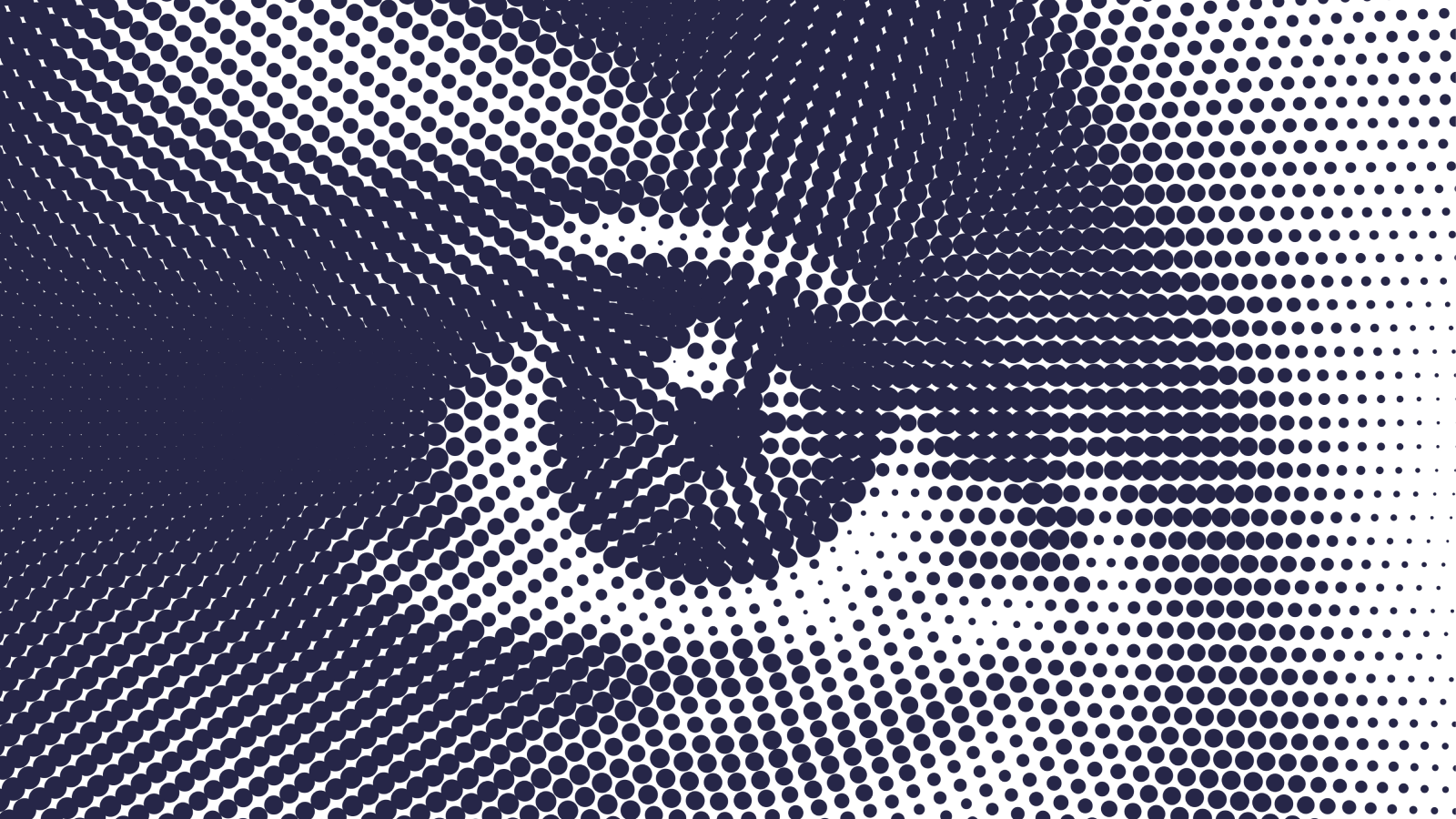Developer Offer
Try ImaginePro API with 50 Free Credits
Build and ship AI-powered visuals with Midjourney, Flux, and more — free credits refresh every month.
Why We Trust or Fear Artificial Intelligence

From ChatGPT drafting our emails to sophisticated systems recommending what we watch next, artificial intelligence is no longer a futuristic concept—it's woven into the fabric of our daily lives. Yet, despite its promise of efficiency and optimization, public opinion remains sharply divided. While some people embrace AI tools, others feel a deep sense of anxiety and suspicion. The reasons for this divide are deeply rooted in human psychology.
The Problem with Black Boxes
Many advanced AI systems function as impenetrable "black boxes." We provide an input, and it delivers an output, but the reasoning process in between remains hidden. This lack of transparency is psychologically unsettling for humans, as we have an innate need to understand cause and effect. When we can't question or understand a decision-making process, we feel disempowered and lose trust.
This phenomenon contributes to what researchers call "algorithm aversion." Pioneering research has shown that people often prefer relying on flawed human judgment over a superior algorithm, especially after seeing the algorithm make just one mistake. Our tolerance for machine error is surprisingly low.
Why We Judge Machines More Harshly

Behavioral science reveals a curious double standard: we are far more forgiving of human mistakes than machine errors. When a person makes a mistake, we can empathize with them. But when an algorithm, which we assume to be objective and data-driven, makes an error, it feels like a betrayal.
This reaction is linked to the concept of expectation violation. We expect machines to be perfectly logical and impartial. When they fail by misclassifying an image or producing biased results, our reaction is sharp because our fundamental assumptions have been disrupted. The irony is that humans make flawed decisions constantly, but at least we can ask them to explain their reasoning.
The Human Element AI Can't Replicate
Even though we know AI systems lack consciousness, we can't help but attribute human-like intentions to them—a tendency known as anthropomorphism. Studies have demonstrated that we interact with machines socially. This is why an overly polite chatbot can feel eerie, or a hyper-accurate recommendation engine feels intrusive. We begin to suspect a manipulative intent that doesn't actually exist.
Furthermore, human trust is built on subtle emotional cues like tone of voice, body language, and eye contact. AI has none of these. This absence creates a discomfort similar to the "uncanny valley," where something is almost human but not quite, leaving us with an unsettling feeling. In a world of deepfakes and algorithmic influence, this lack of genuine emotional resonance becomes a significant barrier to trust.
When AI Threatens Our Identity
For many professionals, including writers, designers, and lawyers, AI presents a unique kind of existential threat. When a tool can replicate skills that were once considered uniquely human, it can trigger a powerful psychological defense mechanism. This concept, known as identity threat, describes the fear that one's expertise and value are being diminished. The natural response is often resistance, defensiveness, and an outright dismissal of the technology.
Building a Future of Trustworthy AI
Not all suspicion of AI is irrational. It is well-documented that algorithms can reflect and amplify societal biases in critical areas like hiring and credit scoring. For those who have been disadvantaged by such systems, caution is a learned and protective response.
Ultimately, telling people to simply "trust the system" is ineffective. Trust must be earned. To foster widespread acceptance, AI tools must be designed with transparency, accountability, and interrogability at their core. Users need to be given agency, not just convenience. If we want AI to be a trusted partner in our future, it needs to feel less like a mysterious black box and more like an open, understandable conversation.
Compare Plans & Pricing
Find the plan that matches your workload and unlock full access to ImaginePro.
| Plan | Price | Highlights |
|---|---|---|
| Standard | $8 / month |
|
| Premium | $20 / month |
|
Need custom terms? Talk to us to tailor credits, rate limits, or deployment options.
View All Pricing Details

